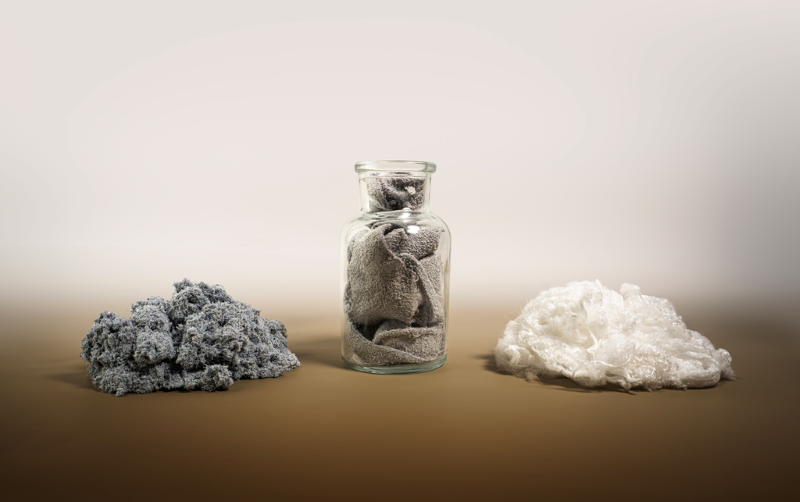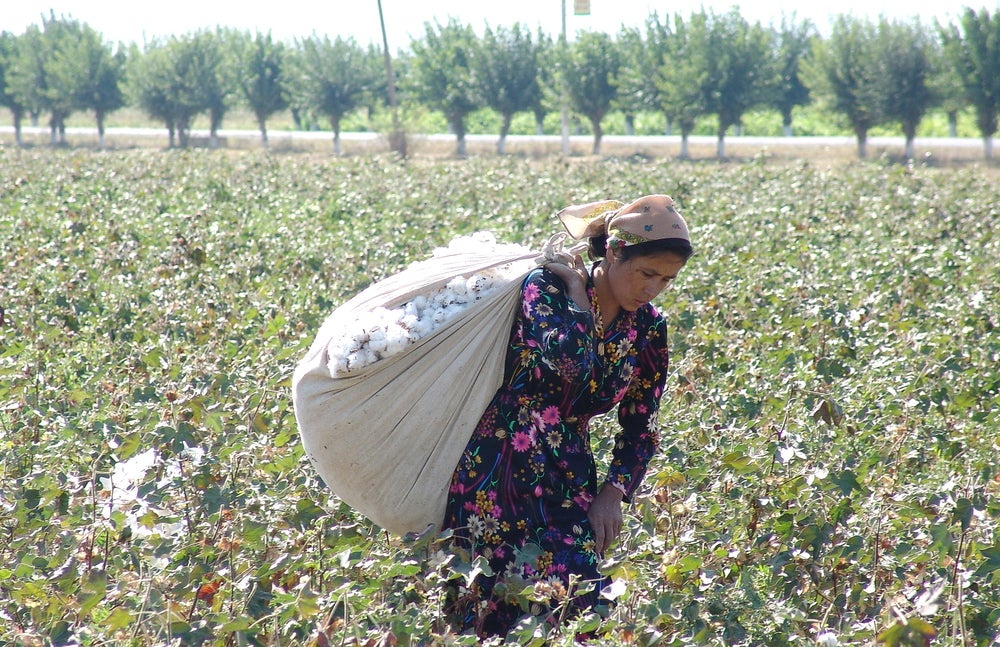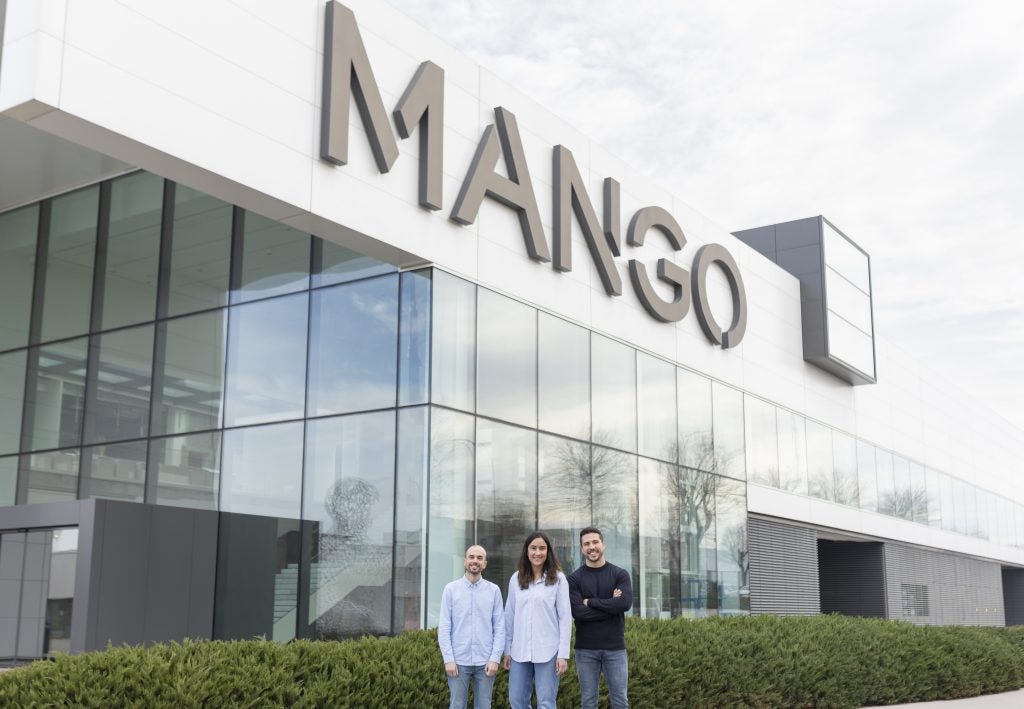The new materials will use Tencel Lyocell fibres, mixed with recycled leather, to create the new material, called Pélinova.
The material is designed to be an alternative to leather, which is said to be supple, flexible and durable.
Pélinova will be used in Ganni’s slouchy boots, which are due to launch early in 2024, as well as other projects.
The material is manufactured using a unique process that uses pre-consumer recycled leather fibres which are hydro-jetted into Tencel Lycocell fibres. Pélinova is said to use 70% less water than traditional methods, with lower CO2 emissions.
Recyc Leather’s co-founder Olivier Grammont said: “Since our establishment in 2017, we have recycled 100 tonnes of leather from landfill, earning recognition from European authorities and positive responses from brands. Our partnership with Lenzing and Ganni demonstrates Pélinova’s potential as a truly sustainable alternative to traditional leather, inspiring us to continue to broaden the application of Pélinova in shaping the future of the leather industry.”
Ganni’s chief sustainability officer Lauren Bartley commented: “By the end of 2023, we achieved the ambitious goal of phasing out all virgin leather from upcoming collections – making this year our first without producing any virgin leather across both ready-to-wear and accessories collections.”
The companies are now exploring the possibility of expanding Pélinova’s use into other leather goods including the luxury sector, once the material is scalable. Ganni is also considering using the material in its accessories category.
The news comes shortly after Lenzing unveiled a new processing technique for its Tencel Lyocell fibre that can transform it into a traceable and fossil-free alternative material for stretch fabrics.















